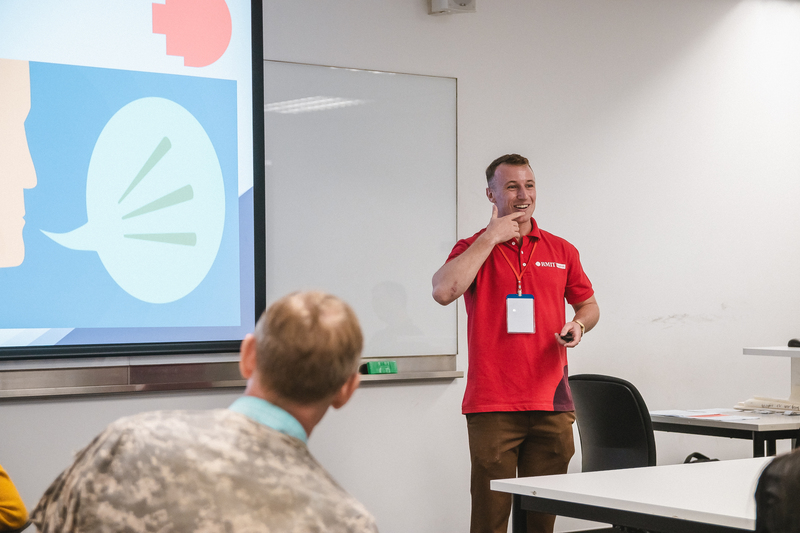How can we improve Vietnam’s English language proficiency?
It is essential to invest in the development of educators and to make teaching an attractive career path.
For a nationwide impact on proficiency, young learners should have access to high quality language instruction. To achieve this, Vietnamese educators need excellent levels of English proficiency and pedagogical knowledge so that they can provide high quality instruction and model effective use of English. This requires teacher training programs that nurture language teachers and support their professional development.
While teaching is a highly respected profession in Vietnam, financially it is not as attractive as other career paths. As a result, many talented Vietnamese people with exceptional English-speaking skills are often attracted to other industries due to the financial stability they offer.
Another challenge for language development in Vietnam is that learners often focus on learning English to achieve their target score on a proficiency test, such as IELTS, to apply for overseas travel, university admission, or exemption from school classes.
When an exam result is the motivation for learning, students can obsess over tips and tricks, and repeatedly take practice exams, which does not support meaningful language learning. While achieving the target result in a proficiency test is important, and an achievement to celebrate, it is crucial to develop the language skills to cope once they commence study on a degree program in English or begin employment in a company where communicating in English is essential to the role.
Therefore, the best approaches prepare students with the language, intercultural, communication, and study skills that enable them to integrate and thrive in English-speaking contexts.
An enhanced commitment to high quality training and professional development for Vietnamese educators, and a greater emphasis on producing language learners with a strong command of the language as opposed to a test score, could have a dramatic impact on English proficiency in Vietnam. These can be driven by government policy development, such as the greater integration of English into school curricula as a medium of instruction.






